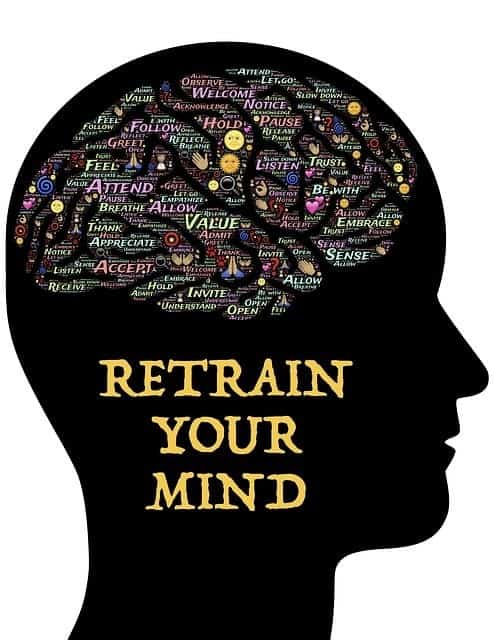Setting Goals for Success
Crushing 2024: Setting Goals and Harnessing Trusted Guides for Success
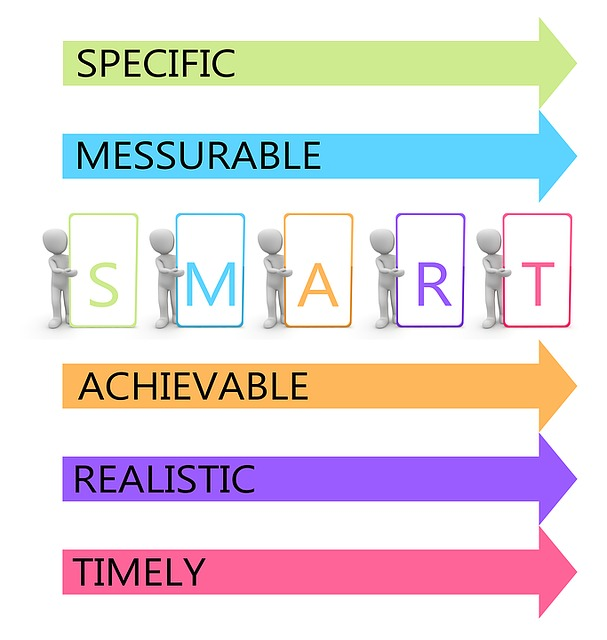
How To Set Goals You’ll Follow
Before diving into goal setting for the new year, it’s essential to take a moment to reflect on the past year’s achievements and areas of improvement.
Think about your personal life, job performance, career goals, life goals, and challenging goals. What did you learn? What challenges did you overcome? What personal growth did you achieve?
Often when we start goal setting, we get in our heads and think about our next goal and tend to forget or rush celebrating our past achievements. It’s natural and good for us to want to grow and challenge ourselves, however, we should also take a moment to celebrate our wins.
What were a few of your wins in 2023? Take a moment and think about 3-5 (write them down if you can).
Remember also that even if you didn’t necessarily achieve your goals, progress is still a win. Every step we take in the right direction toward accomplishing our goals is something to celebrate. You can break goals up into short-term objectives and long-term goals.

The Power of Goal Setting:
Goal setting can be a very powerful tool to help you achieve goals and grow in any area of life.
When thinking about different goals, be that performance goals, outcome goals, challenging goals, personal goals, or career goals, we want to consider what we want to achieve. What is the desired outcome?
From there we should think about where we are now. One step in making progress towards achieving your goals is bringing awareness to your current situation.
Once we know where we are and where we want to go we can start creating the plan. For example, if we want to eat healthier, however, don’t have the bandwidth to currently meal prep for ourselves, we can look into meal prep delivery options in the area.
Set SMART Goals:
When setting goals, we want to set SMART goals. SMART goals are Specific goals, Measurable goals, Achievable goals, Relevant goals and Time-bound goals.
SMART goals can act as a roadmap to success.
Let’s use an example.
In 2024 I want to get stronger so I will go to the gym more and follow a strength program. Versus, in 2024 I am going to do 4 x 75-minute strength sessions following a plan of 2 upper days and 2 lower days for 8-12 week blocks before reassessing my progress.
The difference between those two goals is that the second has much more detail about what is going to be done and for how long.
You can always modify, adapt and pivot your goals. They are not set in stone. However, it is best to be as specific as possible when setting them.
Monitor your progress along the way and feel free to adapt your goals. If for example, you find you can’t sustain 4 x 75-minute sessions, however you can do 2 x 75-minute and 2 x 60-minute, that is okay. Change the plan. It’s not to say you won’t hit your goal. We want our goals to be achievable.
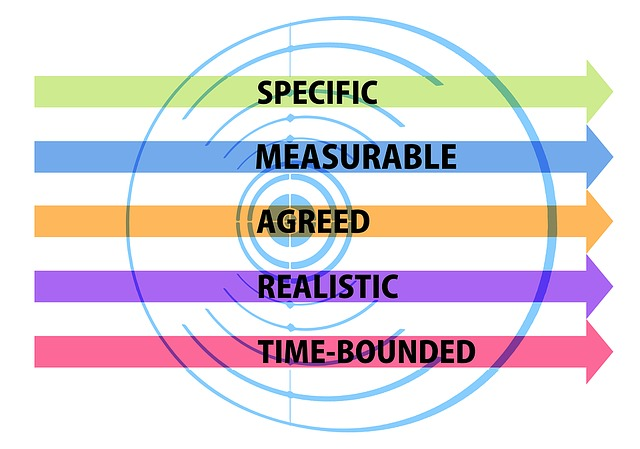
Set Goals You Can Control:
Accomplishing goals is part action and part mindset. The mindset that is required for success is positive despite setbacks.
We want to ensure we don’t create too many goals, we create important goals, and that we look at the big picture and what we want to achieve. Spending time to reflect on your ideal future, what you want to achieve, and reflecting on past experiences is important in the goal-setting process.
If you have many goals, perhaps prioritize them in order of importance. Or if some goals complement each other pair goals together. For example, if you have the goal of eating healthier and going to the gym more often, you can save time in the kitchen by ordering healthy meals delivered to your door. By ordering some prepared meals, you can have more time for the gym and know that you are getting nutritious food.
Some strategies for cultivating a positive mindset, handling setbacks, and staying motivated throughout the year are:
- focussing on progress not perfection.
- focussing on the process not the final destination.
- learning from failures and what went wrong.
- laughing at yourself and moving on.
- get out of your comfort zone and be prepared to fail.
- be okay to be a beginner and don’t hesitate to ask for help.
- share wins and failures with others.
When it comes to mindset, one phase I like to use with myself and my clients is “as long as you don’t quit, you can never fail”. Embrace the ‘yet’ mentality. You can’t do this, yet. It hasn’t happened, yet. You don’t have this, yet.
Think about the process, think about what has been achieved, think about the future, and stay focused. All we can do is keep going, knowing that in the long run, we are taking control of our outcomes and what we want to achieve.
Celebrate all the small wins along the way, and learn from the mistakes.
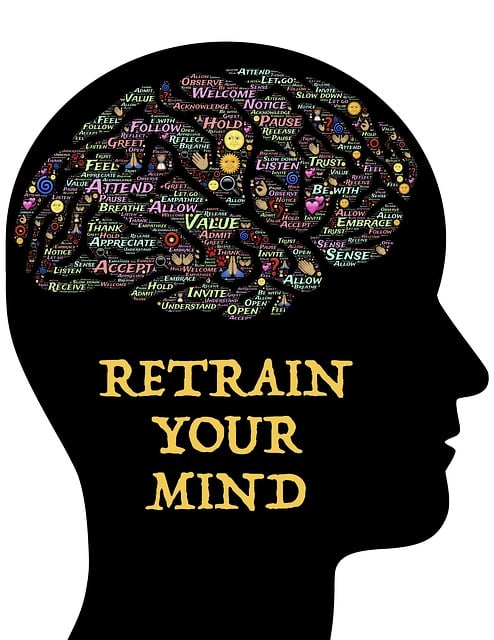
Tips For Setting Goals:
“You only know what you know” is something I remind myself and my clients.
We are here to help and support one another, to learn from each other and to keep each other accountable.
Asking for advice, help, support, guidance or accountability from other professionals can do wonders at any time in your journey. Some may need help at the beginning of their goal-setting journey to develop a plan, while others may need help in the middle to stay committed to achieving goals and some may need help at the end to reach that next level.
Dieticians/Nutritionists, Fitness Trainers and Mentors can guide you in your journey. It is important to have a mentor or guide to provide expert advice and support. We don’t all need to be experts at everything, and even those who are experts in a certain field can always learn more from other experts in their field.
We want to ensure that we don’t create unrealistic goals. When setting goals, they should be specific and challenging goals however should also be attainable goals. Having someone from the outside provide insight into your goals can help you set smaller goals so you can meet goals, and help you with effective goal setting.
Setting goals for some is a new skill, and it takes time and practice to know if we are setting goals that we can achieve.
Another way to help yourself in the goal-setting process is by taking things off your plate if you can. So for example, ordering ready-to-eat healthy, nutritious and delicious meals can save you time on a daily and weekly basis to tackle some of your goals. Having a trainer design and plan for you can take the guesswork out of how to progressively overload your training to ensure you are constantly growing and pushing yourself.

Set Goals You Can Control:
There are many ‘diets’ out there and new ones always coming out, however, we want to ensure that we triangulate our resources to ensure we are getting concrete recommendations.
What I like to focus on with myself and my clients is creating habits that will not only help us achieve our goals but rather maintain them. By emphasizing a balanced approach to both nutrition and fitness we can sustain our results.
When goal setting we want to keep in mind, the how-to’s of achieving our goals should be very similar to the how-to’s of sustaining our results.
Some recommended dietary and fitness tips:
- focus on consuming whole foods 80% of the time
- don’t restrict anything, consume in moderation
- prioritize protein at all your meals
- aim to consume 1 colour of fruit or vegetable per day (red/ orange-yellow/ green/ blue-purple/ white)
- choose water as your choice of beverage
- aim to get 10 minutes of movement every 1-2 hours and ideally after meals
- opt for a meal delivery service rather than take out when pressed for time
There’s no one-size-fits-all approach to nutrition and fitness. Furthermore, what worked well for you before may not necessarily be the right plan for you now. Many external factors can influence our ability to achieve goals. When we have a specific goal, we can take a step back and focus on a to-do list to achieve the goal.
Setting smart goals helps with breaking larger goals into smaller goals, helps us focus on the process and what we want to accomplish, and can help alleviate any time-constrained pressure you may unintentionally place on yourself.
With trial and error, seeking out guidance and staying consistent you will grow and slowly accomplish and achieve your goals.

How To Achieve Your Goals Consistently:
Staying consistent is by far one of the most important things when achieving goals. As mentioned, it’s okay to pivot and adapt your goals, however, we need to stay consistent. If you want an increased performance, we need to create a linear relationship between input and output.
Consistency doesn’t mean that every day, week, month or year has the same level of effort either. Rather consistency means that we are always meeting ourselves where we are and growing with what we have. When goal setting, break goals down into smaller goals. Think about what you want to achieve and break those into smaller achievements.
So for example, if you want to lose weight, and you want to achieve a weight loss goal of 50 pounds over the year, perhaps start by having the goal of losing one pound every week for the next 8 weeks. Track your progress and see if your goal is too ambitious or perhaps you can even elevate your goal to the next level.
Remember that having a period of maintenance is also okay. We can’t always be ‘on’ full force. Life sometimes will get busy, and our goals may have to be pushed to the back burner for a moment. Maintaining what we have developed and built is still a form of staying consistent. If our goals aren’t time-sensitive, I am a firm believer in meeting yourself where you’re at and showing up with what you have.
If you only have 40% in you, and you give 40% then you gave 100%.
We also want to be mindful of our well-being as we are working on achieving our goals. When you can move forward again, then make that next level up! We won’t be able to achieve our personal goals, life goals, performance goals or career goals if our mindset is full of negative feelings.
This is why it is super important to build habits, create routines and stay committed to the journey. Constantly check in with yourself, and remind yourself that this is a lifelong process. There will be many goals you will want to accomplish in the future and slowly with time and consistency, you will achieve your goals.
One strategy I like to do with clients is to create a ‘non-negotiable list’. This is a list of routines and habits that they will commit to when life gets busier and they can’t do ‘optimal’. Think about the outcome and ask yourself what are some bare minimums you can do to help you stay on route.
For example, instead of hitting 12K steps, hit 8K. Instead of going to the gym 4 times a week for an hour go twice a week. Instead of having all meals that are balanced and made with whole foods, have at least 2 meals that are balanced and made with whole foods. Instead of focusing on all meals made from home, focus on having protein at each meal, even if it’s from takeout or meal delivery services.
Celebrate Small Wins:
No matter how small they may be, we want to ensure we are celebrating our achievements. Remember that progress isn’t the final destination, rather progress happens along the way. As mentioned we want to think about the future and all the goals we will set in our life. We want to enjoy the process.
Goals will be achieved, we will feel accomplished, and we will also find new goals to achieve. We often are always chasing higher performance, which isn’t a bad thing, but rather we need to be intentional about not getting caught up in the future and enjoying life despite having achieved that goal or not.
If for example, you had the goal to eat less takeout and eat more home-cooked meals, however half of the time ended up ordering from a meal delivery service, you’re still in the win. One, you ate half of your meal from home and two you opted for a meal delivery service versus takeout.
Our failures can even be seen as progress. We now know what not to do and what didn’t work out. Of course, we want to set goals that we believe we can achieve, however, the way we accomplish our goals may be different than what we once thought when we first brainstormed our plan of action.
By celebrating our progress we can acknowledge our efforts. It goes back to having a positive mindset. With this attitude, we can fuel our success and feel much more optimistic that we can and will achieve our goals.
The psychological benefits of acknowledging progress are that it can boost our self-esteem and confidence and therefore can fuel further success. It allows us to be open to possibilities.
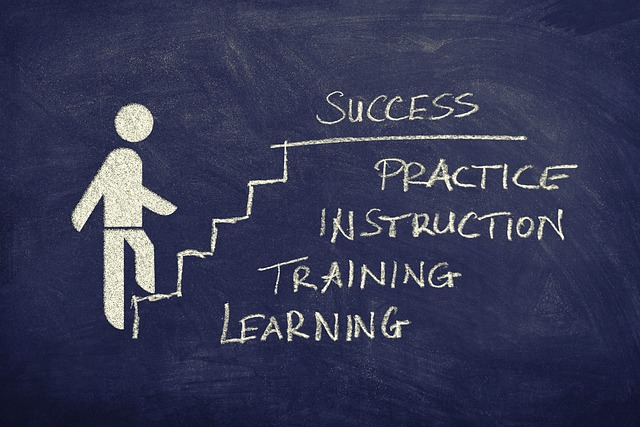
Community Support:
An often overlooked tool when working towards your goals is community. Building a supportive community can help you with accountability.
Surrounding yourself with like-minded individuals can offer encouragement. By sharing your experiences, growth, setbacks and accomplishments you can learn from one another. You can even create group goals. You can celebrate your goal achievement together. You can make new friends. Life is about sharing and supporting each other and setting goals helps with building a community.
There are many ways you can find support. In-person is always great, however, online chats and groups can also offer great insight and encouragement. With the ability to reach people all around the world, we have the opportunity to learn from those who are far away from us.
Have A Sense Of Direction:
To wrap up, we want to ensure we organize our environment to succeed.
This can include but is not limited to the supports we will have in place, writing out clear and concise goals and setting our physical environments up for success as well.
We want to have a dedicated workspace, that is ideally decluttered and organized. We want to set up a daily routine that for the most part we will stick to. Of course, life will throw unexpected obstacles our way, however, having a foundation can help keep us grounded when those life challenges come our way.
Furthermore, our bodies love routine. We strive when we wake up, go to bed, eat and move at roughly the same times each day. This may fluctuate a bit by an hour or so, however, if we can do our best to optimize our routine schedule the body will thrive.
So for example, if we can try to wake up within the same hour of the day (even on weekends), go to bed within the same hour, eat our meals roughly at the same time each day and bonus workout around the same time each day, our bodies can be in the best place to function optimally and be much more grounded when things go astray.
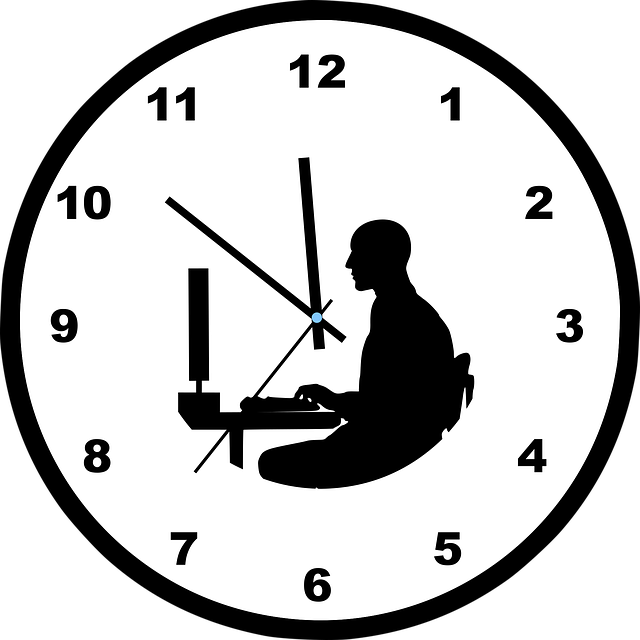
Setting Lifetime Goals:
Goal setting can be an overwhelming task. It is important to set clear goals, maintain the right mindset and use trusted guides to make 2024 a year of growth, achievement, and fulfillment.
Remember, the start of a new year is a time of renewal and possibility. Embrace the opportunity to set meaningful goals, commit to their journey, and strive for their best year yet!
